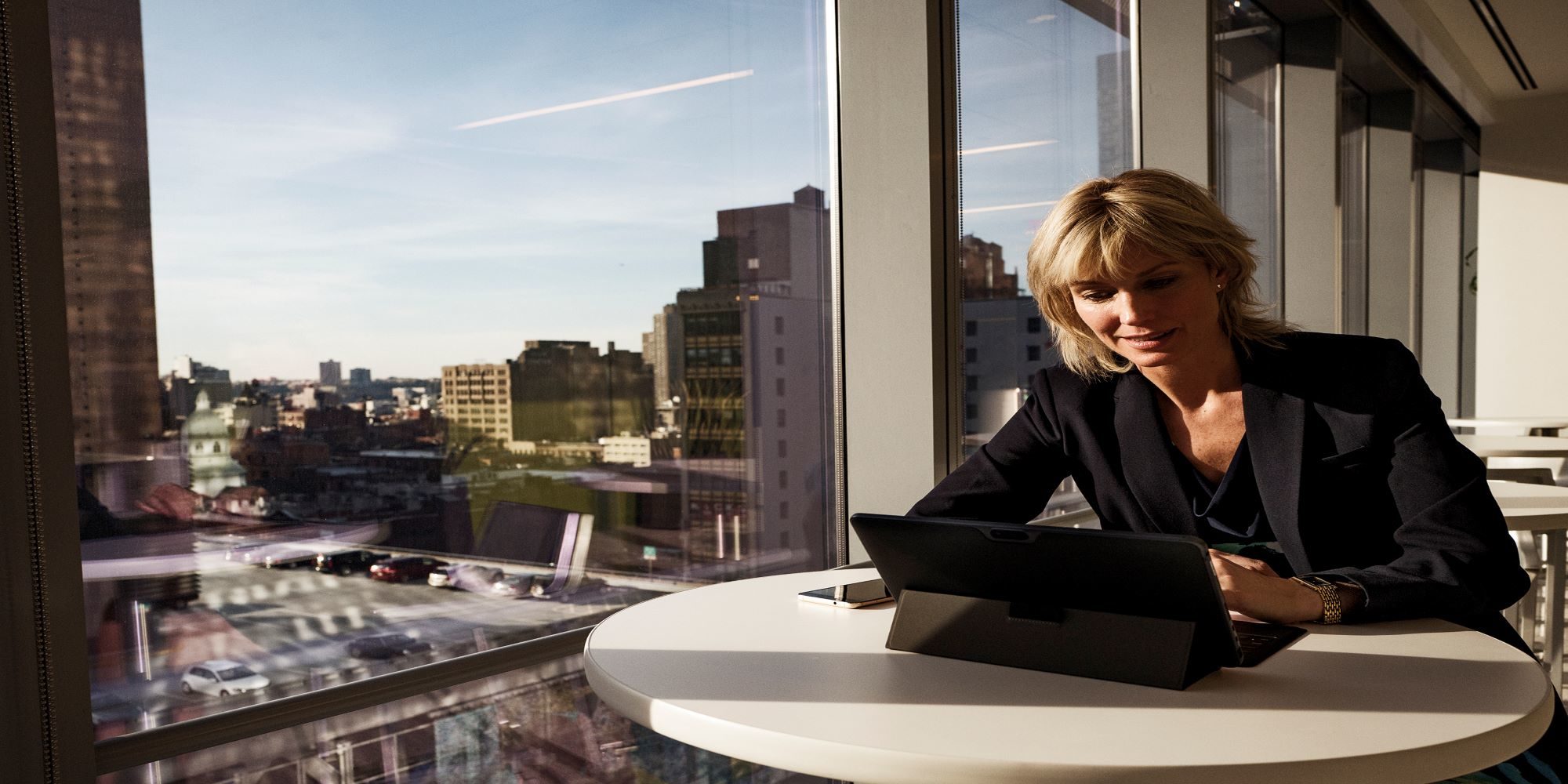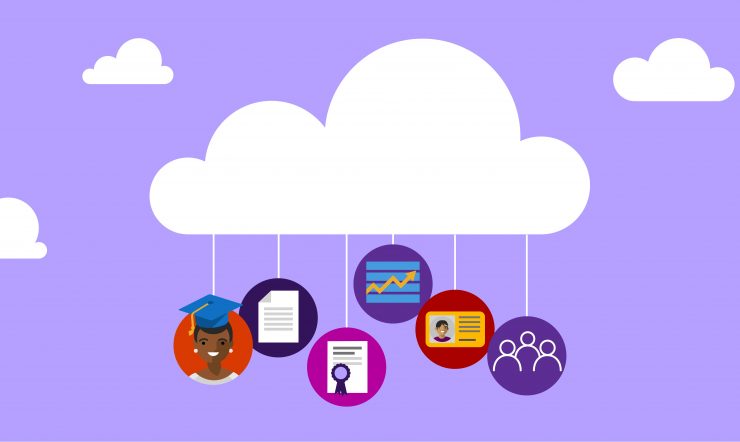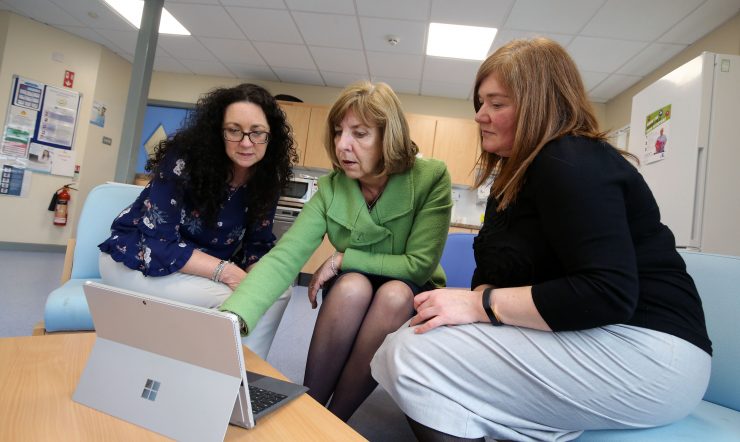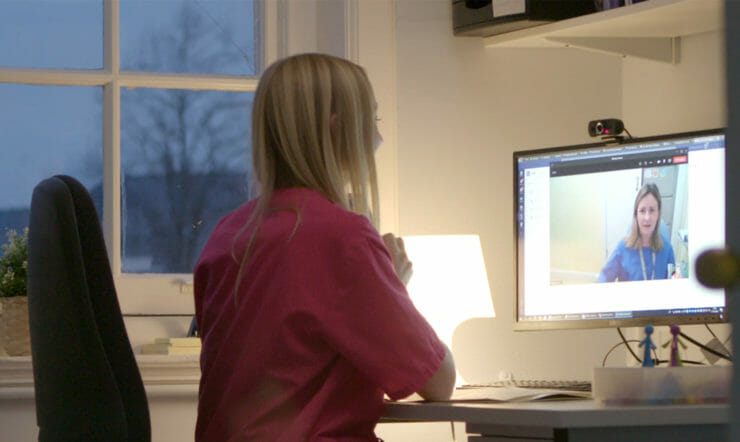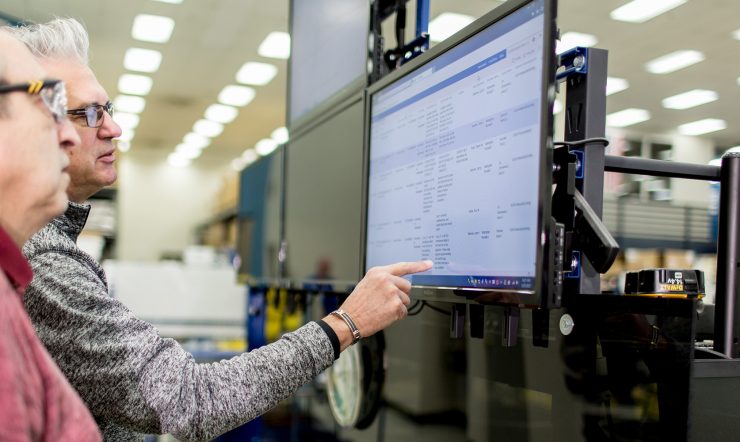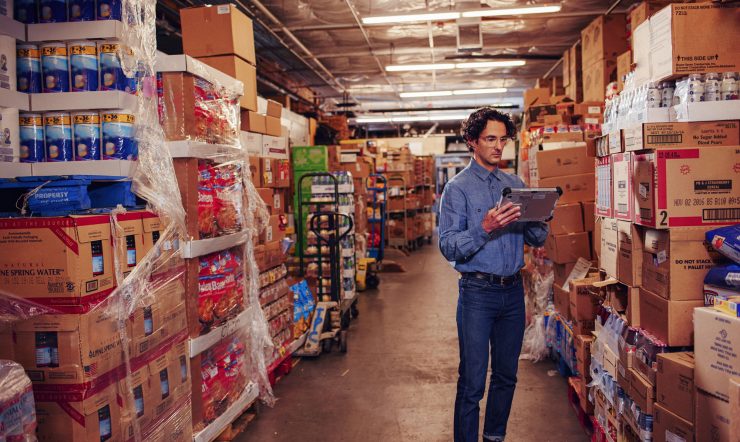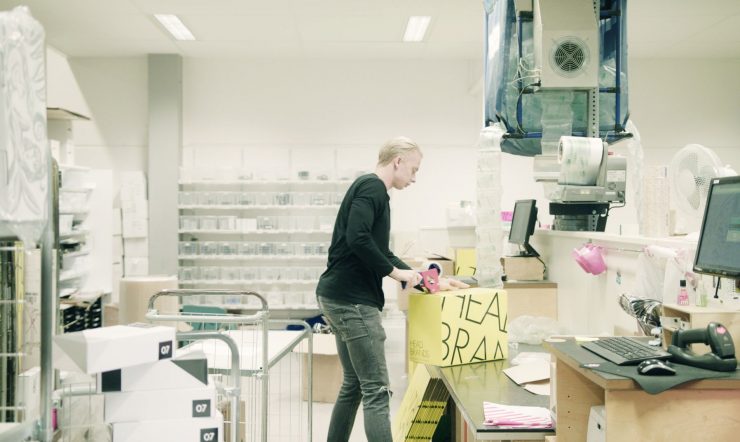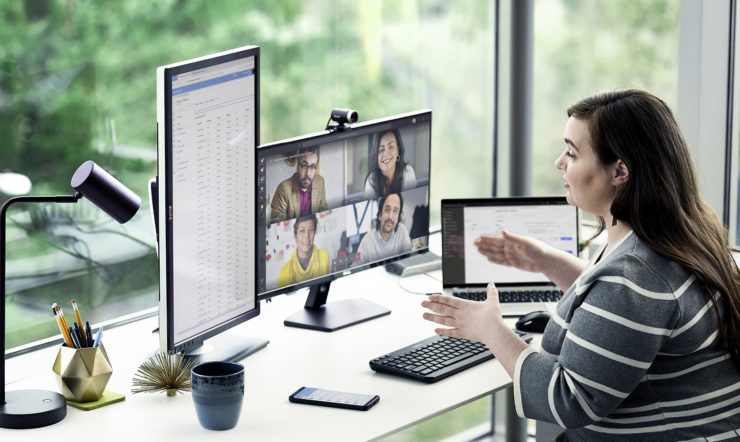Innovative Culture Key for Irish Business in 2020
Virgin founder, Richard Branson once said, “We like to give people the freedom to work where they want, safe in the knowledge that they have the drive and expertise to perform excellently, whether they [are] at their desk or in their kitchen. Yours truly has never worked out of an office, and never will.”
Following this theme, Microsoft had the pleasure of hosting the Dublin chapter meeting of Grow Remote in our DreamSpace at One Microsoft Place recently.
Grow Remote, started as a not for profit community project intended to increase employment opportunities in regional areas by connecting remote workers with companies looking to hire in 2018. Recently the Irish Government consulted with Grow Remote on a recent Future Jobs Ireland 2019 report to investigate the opportunities and challenges for the Irish remote working community. A lot was discussed in that session, including the findings of the Future Jobs report on remote working. In particular, how remote working had some challenges to address.
Here are four key issues to be addressed.
- Remote Work is not clearly defined –There seems to be several definitions of this from mobile working, to working from home.
- The scale of Scale of Remote Working is not known – the is no current data is available, but the CSO undertook a pilot survey in 2018. 18% of respondents worked from home, mostly one or two days per week. There have also been significant increases in job portal searches for remote work-related terms in recent years.
- Challenge for Human Resource Departments: There are challenges for employers around the lack of clarity on how to implement a formal HR policy around remote work. There are no official guidelines for employers, employees and HR professionals on the topic of remote work and many are unclear on how to manage the various aspects of what remote work entails.
- Mapping out tools and support not clear – However, adequate technology to enable and support remote work is necessary to improve productivity. This includes basic collaboration and networking tools, mobile devices and supportive network infrastructure.
These are all challenges that can be resolved. Microsoft’s tools and services have all evolved to enable organisations to be productive at any time at any location. Office 365 and Teams allows teams to share, collaborate and work on projects without ever needing to be in the same location.
Innovative Culture as a catalyst
Microsoft has made mobile working (and remote working) central to its ethos in Ireland, enabling employees to be productive, whether they are in the office, on the road, or in a remote location.
This has been transformative over the last decade. In fact, we have been conducting research into Digital Transformation and culture over the last three years in Ireland and the EU. The big lesson is that culture is often overlooked when it comes to getting the mix of people, support and technology. Get it right transforms your staff, your organisation and your bottom line.
Key insights into the future of work culture
This research found that 93% of Irish organisations (92% across the EU) have faced rapid changes to their business models, products, business strategy or regulatory environment.
For businesses, having the right organisational structures in place to be able to adapt to these changes is essential to achieving the competitive advantage needed to succeed in this exciting new era. And the work culture we promote is the glue that binds these structures together.
However, in Ireland only one third of business leaders see getting their organisation’s culture right as their top priority.
Getting the culture right could be transformational in itself, as the research shows that Irish businesses with a highly innovative culture – where new approaches are welcome, and new ideas get support – are more than twice as likely to expect double-digit growth.
It may also be a key element in attracting and retaining the best talent. Our study found that Irish companies with innovative cultures are also positioned to win the war for talent, with 79% of their employees planning to stay in their jobs – versus just 62% of those working in less innovative cultures.
Three Steps to Unlocking an Innovative Culture
Success in the future of work is about more than your product, your USP or your capacity to disrupt. It’s about the approach you take around three key areas.
1. Enhance collaboration by tearing down silos: Our study found that highly innovative companies prioritise collaboration within and between teams, as well as with external partners. And technology plays a huge role in this. In Ireland, 71% of business leaders in an organisation with an innovative culture see overall collaboration as crucial, versus 49% of companies without this type of culture. In particular, 86% of Irish business leaders see collaborating across teams as critical, with 81% claiming that collaboration with external partners is vital to their business. Innovative cultures empower 66% of employees to share ideas, with 60% finding it easier to collaborate.
Microsoft Teams combines chat & collaboration, meetings & calls along with apps & workflows into a single application making it easy for everyone in the organisation to stay connected regardless of location. I particularly value the ability to work on a document in SharePoint, share with my colleagues during a Teams meeting and make amendments in real time, all without the need to switch applications.
Additionally, Microsoft Teams provides the security and compliance controls IT Management require to run their business securely, enabling the right level of controls to protect users, their devices and corporate data.
2. Empower teams to say and act how they feel: Innovative organisation cultures empower their people to feel that they can speak up with confidence, saying what they see and think – and not being afraid to make a mistake.
In Ireland, 71% of employees working in an innovative culture feel it is ok to speak up if there is an issue at work, with 70% saying it is ok for them to make a mistake. As well as this, 68% claim that it is easy to get support when required.
3. Creating a meaningful workplace that promotes efficiency: We would like to work in an environment where is easy for us to focus on meaningful. But we discovered that 60% of Irish employees feel they are losing up to 61% of their time every week due to things like unnecessary interruptions (24%), inefficient meetings (15%), searching for information, (12%) or seeking approvals (12%). Employees that feel they are able to work in a way where they can focus all of their energy on the task at hand are three times more likely to say they are happy with their job.
Using Microsoft Teams helps to bring everything together into a shared workspace where you can make informed and fast decisions as a team. As all your content is organised by team or project, you can streamline your work processes, limit disruptions and remain in the flow of your work.
My experience of meetings has transformed with Microsoft Teams as preparation and post meeting follow ups are all in context. The in-meeting experience fosters inclusion with features including live captions and background blur. If any of the team are unable to join the meeting, it can be recorded and shared to listen back at a more convenient time.
The research is clear, competitive advantage for business is no longer solely about technology, pricing or product, but how your employees see their role within an organisation. An innovative culture will be the catalyst to unlocking and optimising innovation and productivity so you can adapt to ongoing change. The session showed that this culture needs to be grounded in policy and the right infrastructure. Trust in your remote workers, and leading by example and supporting employees with the right technology and support will be key to unlocking that digital culture whether it is in the office, on the road or remotely. To echo Branson’s quote, remote working can become a key part of that ethos and culture. In return it could transform Irish society, by providing access to talent in both a flexible and environmentally sustainable way that could re-energise regional communities..
Shirley Finnerty
M365 Business Group Lead


